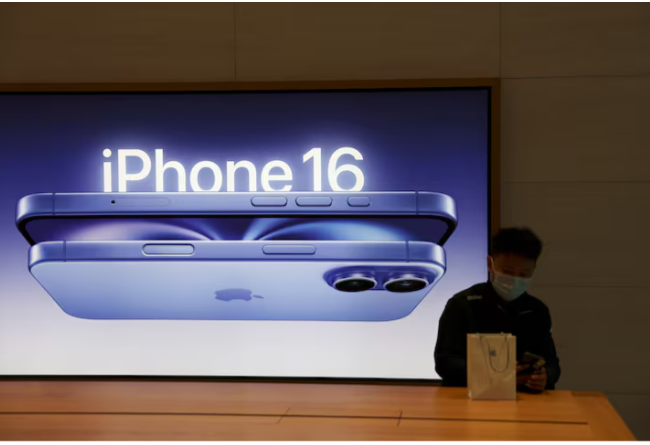In 2024, Apple experienced a significant setback in China, losing its position as the leading smartphone vendor. The company's annual shipments in the country declined by 17%, marking its largest-ever annual sales drop in this crucial market. This downturn was consistent throughout the year, with a notable 25% decrease in the fourth quarter.
Local competitors Vivo and Huawei capitalized on this decline, surpassing Apple in market share. Vivo secured 17% of the market, while Huawei achieved 16%, pushing Apple to third place with 15%. Huawei's resurgence is particularly noteworthy, as it overcame previous U.S. sanctions by introducing new devices equipped with domestically produced chipsets, leading to a 24% increase in shipments during the fourth quarter.
Several factors contributed to Apple's diminishing competitiveness in China. The absence of advanced artificial intelligence features in the latest iPhones, especially in a market where AI capabilities are increasingly valued, has been detrimental. Additionally, the proliferation of domestic foldable phones and innovations from Android brands like Xiaomi and Vivo have intensified the competition.
In response to declining sales, Apple implemented rare discounts to stimulate demand. A four-day promotion in early January offered price reductions of up to 500 yuan ($68.50) on iPhone 16 models through official channels. Major e-commerce platforms, such as Alibaba's Tmall, also participated with their own promotions, offering discounts up to 1,000 yuan ($137) on the latest iPhone series.
Despite these efforts, the overall Chinese smartphone market grew by 4% year-on-year, reaching 285 million units in 2024. Apple's decline amidst this growth underscores the challenges it faces from domestic manufacturers who are rapidly advancing in technology and consumer loyalty. Analysts suggest that to regain its footing, Apple may need to introduce innovative features tailored to the Chinese market and navigate the competitive landscape more effectively.





